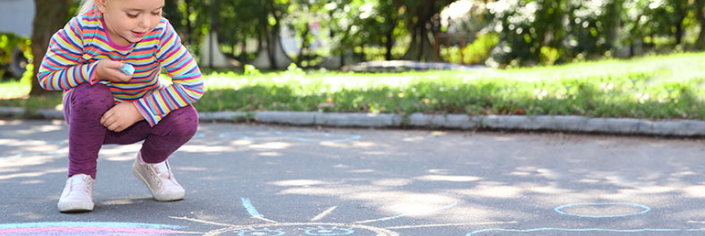Parent Partnerships

Encourage kids to occupy themselves
A child’s ability to fill in their own time and cope with moments of boredom are important independence skills to develop. Children have less practise at keeping themselves occupied than those of past generations. You have many jobs as a parent, but constantly entertaining your child, should not be one of them. These ideas will help:
Invite them to keep themselves busy
When your child tells you that he or she is bored they are bringing you a problem to solve. Boredom is your child’s problem, not yours. If this happens, encourage your child to keep themselves busy by asking questions such as “How can you keep yourself amused?”
Make a list
If your child is stuck for ideas make a list of activities that they can refer to when they’re bored. Include a variety of activities such as creative tasks, performance tasks, crafts, sports, indoor and outdoor games, music activities, reading and helping. Place the list in a convenient place with easy access and visibility.
Make a boredom buster jar
Cut up a list of boredom busting activities and place them in a jar. When your child is stuck for an idea to keep him or herself amused invite them to select an activity from the boredom buster jar. Ask your child to add enjoyable activities to the jar over time.
Encourage plenty of green-time
Today’s children spend more time in front of screens and less time outdoors than those of previous generations. Not only is time spent in natural environments refreshing, relaxing and rejuvenating, but it’s also a wonderful way for kids to relieve boredom. Encourage your child to spend some of their free time outside in natural environments to promote good mental health and develop their confidence.
Help find their interests
If your child struggles to keep him or herself occupied, consider helping them identify a hobby or interest that they enjoy. Often finding that one activity a child loves or excels in makes a huge difference to their self-esteem and wellbeing and can become the driver for future career choice.
Build in downtime
A trait common among healthy families is the propensity for everyone to enjoy spending downtime or unstructured time together. It’s during downtime that parents and children share activities together, which promotes better relationships and helps children’s informal learning.
Most children when given unstructured time will rise to the occasion (even after some complaining) and will find interesting things to do. By encouraging them to find something “to do”, other than filling their time with screen-based activities, you are promoting a fabulous life-skill in your kids.


